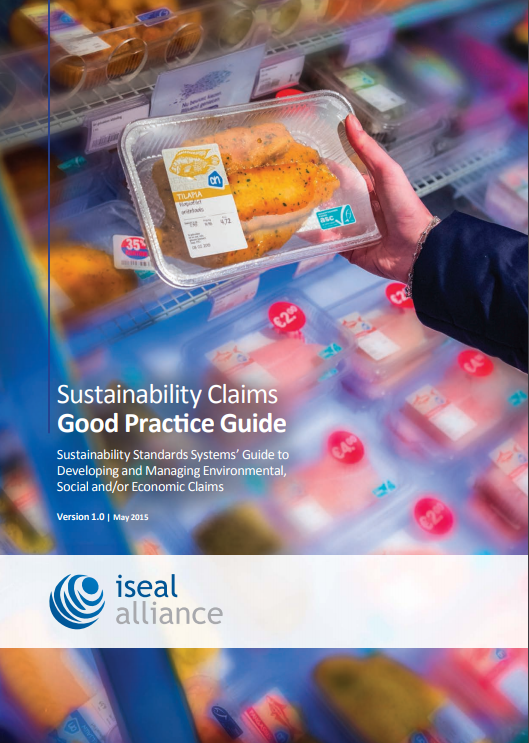There are a myriad of ‘sustainability claims’ in the market today. The Good Practice Guide was developed through a multi-stakeholder consultation process to define good practice for scheme owners in setting and managing claims about their standards system. The effective management of claims is a key part of the overall credibility of a standard system.
The Good Practice Guide provides an understanding of the strategic decisions that need to be made by scheme owners in managing the claims about their systems. It is divided into three sections, which encourage consideration of the relationship between claims and the rest of the standards system, defining the rules for use, and the internal systems for issuing and managing the use of claims. The guide also includes information about how claims link to other parts of the standards system including the chain of custody and assurance models, and the language appropriate for different performance levels of standards. There are useful sections covering percentage-based claims, the use of the term ‘sustainability’ and examples of the different types of claims at various points in the supply chain.
ISEAL hopes that its members and other standards systems will have an international reference for good practice in setting and managing their claims. The work is part of a larger ISEAL project on driving understanding of credible claims and labelling that will help people better navigate the sustainability claims landscape and promote credible claims more widely.

